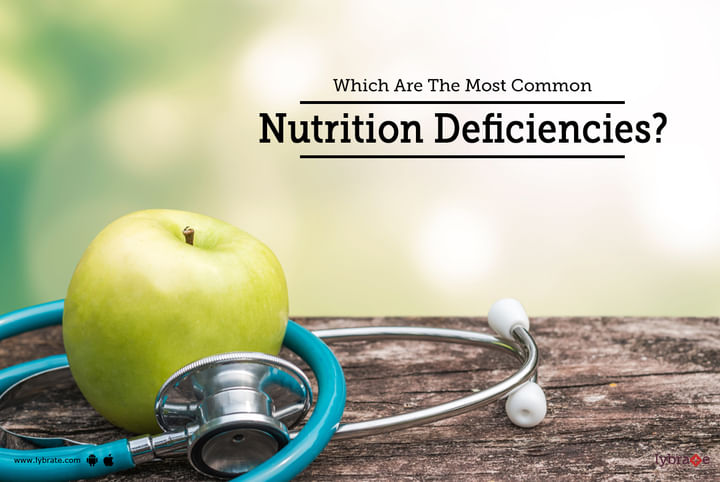Which Are The Most Common Nutrition Deficiencies?
With fad diets and hectic lifestyles becoming more and more common in urban environments, nutritional deficiencies are on the rise in India. The other big factors for nutritional deficiencies are lack of access to balanced diets, lack of awareness, and the slow transition from natural and organic food to packaged and processed ones. To spread awareness about the grave dangers of nutritional deficiencies, especially of micronutrients, the first week of September is observed as the National Nutrition Week. Here is a list of the most common nutrients your diet might be lacking.
- Iron - Iron is the most important part of haemoglobin that is responsible for carrying oxygen to various parts of the body. Deficient quantities of iron can lead to anaemia. The early signs of anaemia include fatigue, pale skin, shortness of breath, and headaches. Treatment varies depending on the severity and often involves taking iron supplements. Food rich in iron includes liver, red meat, spinach, broccoli, green leafy vegetables, etc.
- Calcium - Calcium is a nutrient that is absolutely essential for the health of the bones and teeth. The role of calcium is undisputable when the body is growing rapidly during adolescence as well as when the body is deteriorating post-40s . Dairy products are a rich source of calcium. Other sources of calcium are boned fish and green vegetables like broccoli and spinach. Calcium supplements are available, but their dosage must strictly be decided by a doctor.
- Vitamin D - Vitamin D is a necessary element for the absorption of calcium in the body. Without vitamin D the body suffers from all symptoms of calcium deficiency like fractures, rickets, etc. Other than the sun, fatty fishes, milk, eggs, and mushrooms are the best source of Vitamin D.
- Vitamin B - Among the Vitamin B complex, Vitamin B6, B9 and B12 are most important. Vitamin B6 aids in brain development in children and is richly available in chicken, fish, chickpeas, bananas, etc. Without Vitamin B9 the body fails to make enough red blood cells and suffers from symptoms of anaemia. Vitamin B9 is available in green leafy vegetables, fruits, cereals, and liver. Vitamin B12 is also responsible for the health of the red blood cells as well as the nervous systems. Fish, eggs, and dairy products are good sources of Vitamin B12.
- Omega3 Fatty Acids - Omega-3 fatty acid plays an essential role in the development of children and helps with dermatological conditions and the health of the retina in adults. Besides fish and fish oil, it is available in walnuts, flax seeds, supplements and soybean.
There is no better way to live a healthy life than following a balanced diet and being active. It is important to supplement these micronutrients in your diet if you cannot for any reason consume them through your regular meals. However, be careful not to overdo their quantities as they are needed in very small amounts in your body.



+1.svg)
